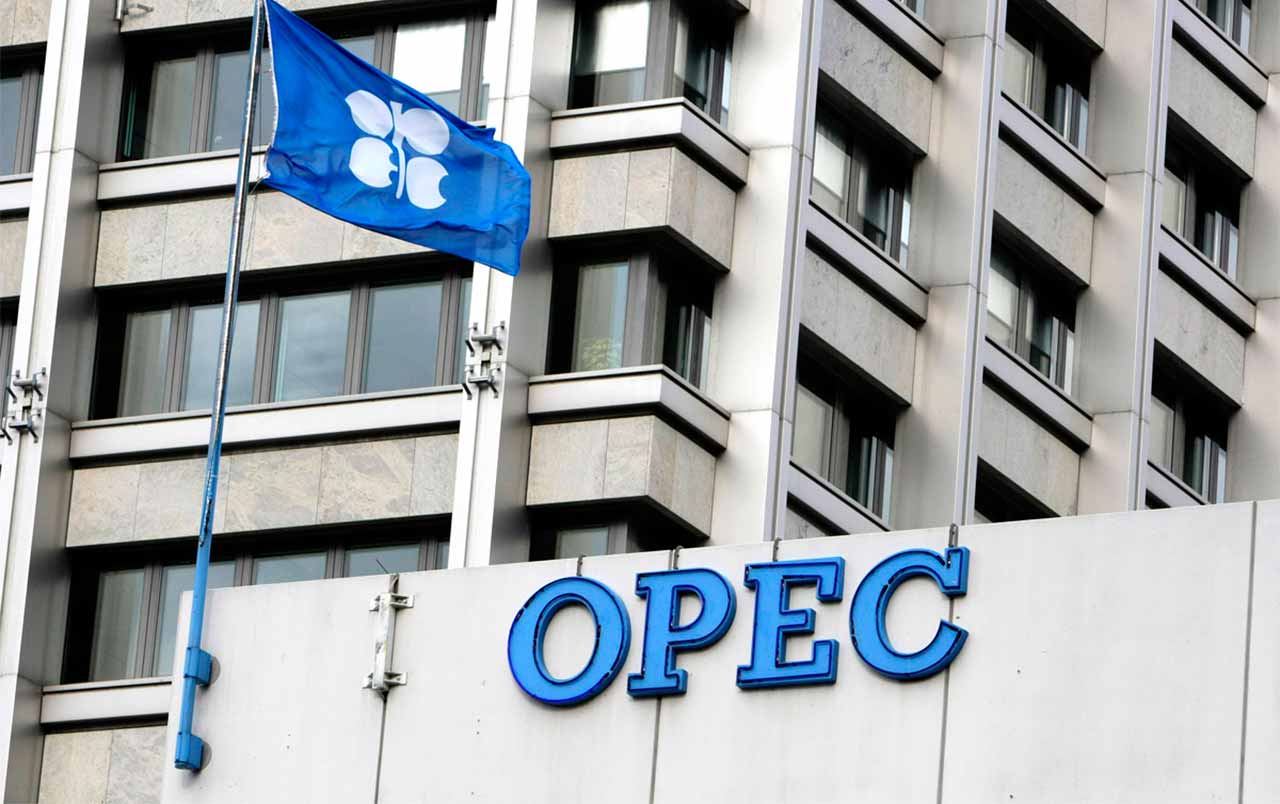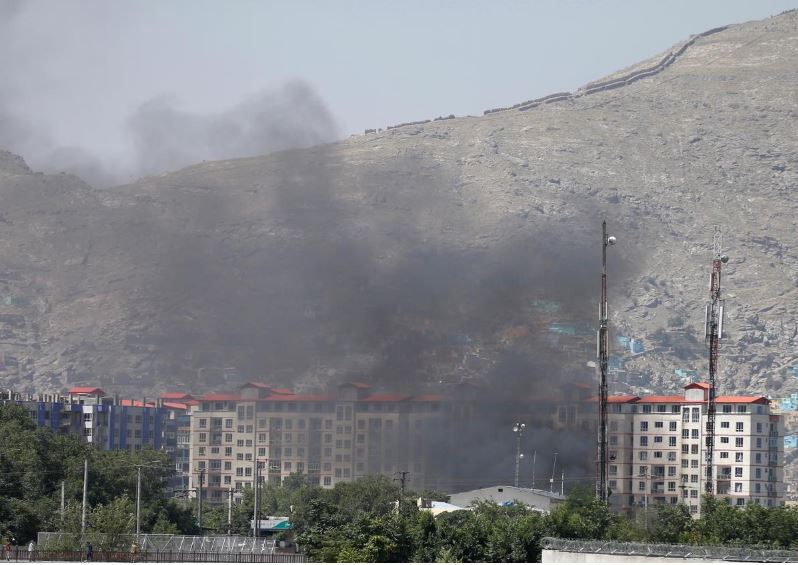OPEC and its allies look set to extend oil supply cuts this week at least until the end of 2019 as Iran joined top producers Saudi Arabia, Iraq and Russia in endorsing a policy aimed at propping up the price of crude amid a weakening global economy.
Iranian Oil Minister Bijan Zanganeh told reporters on Monday he would support prolonging output cuts by six to nine months. Tehran has in the past objected to policies put forward by arch-rival Saudi Arabia, saying Riyadh was too close to Washington.
“I have no problem with a production cut … It’s going to be an easy meeting as my stance is very clear,” Zanganeh told reporters upon arriving in Vienna.
The United States is not a member of OPEC, nor is it participating in the supply pact. Washington has demanded Riyadh pump more oil to compensate for lower exports from Iran after slapping fresh sanctions on Tehran over its nuclear program.
OPEC and its allies led by Russia have been reducing oil output since 2017 to prevent prices from sliding amid soaring production from the United States, which has become the world’s top producer this year ahead of Russia and Saudi Arabia.
Fears about weaker global demand as a result of a U.S.-China trade spat have added to the challenges faced by the 14-nation Organization of the Petroleum Exporting Countries in recent months.
Russian President Vladimir Putin said on Saturday he had agreed with Saudi Arabia to extend existing output cuts of 1.2 million barrels per day, or 1.2% of global demand, by six to nine months – until December 2019 or March 2020.
Saudi Energy Minister Khalid al-Falih said the deal would most likely be extended by nine months and no deeper reductions were needed.
“It’s a rollover and it’s happening,” Falih, whose country is the de facto leader of OPEC, told reporters on Sunday.
Benchmark Brent crude has climbed more than 25% since the start of 2019 but prices could stall as a slowing global economy squeezes demand and U.S. oil floods the market, a Reuters poll of analysts found.













